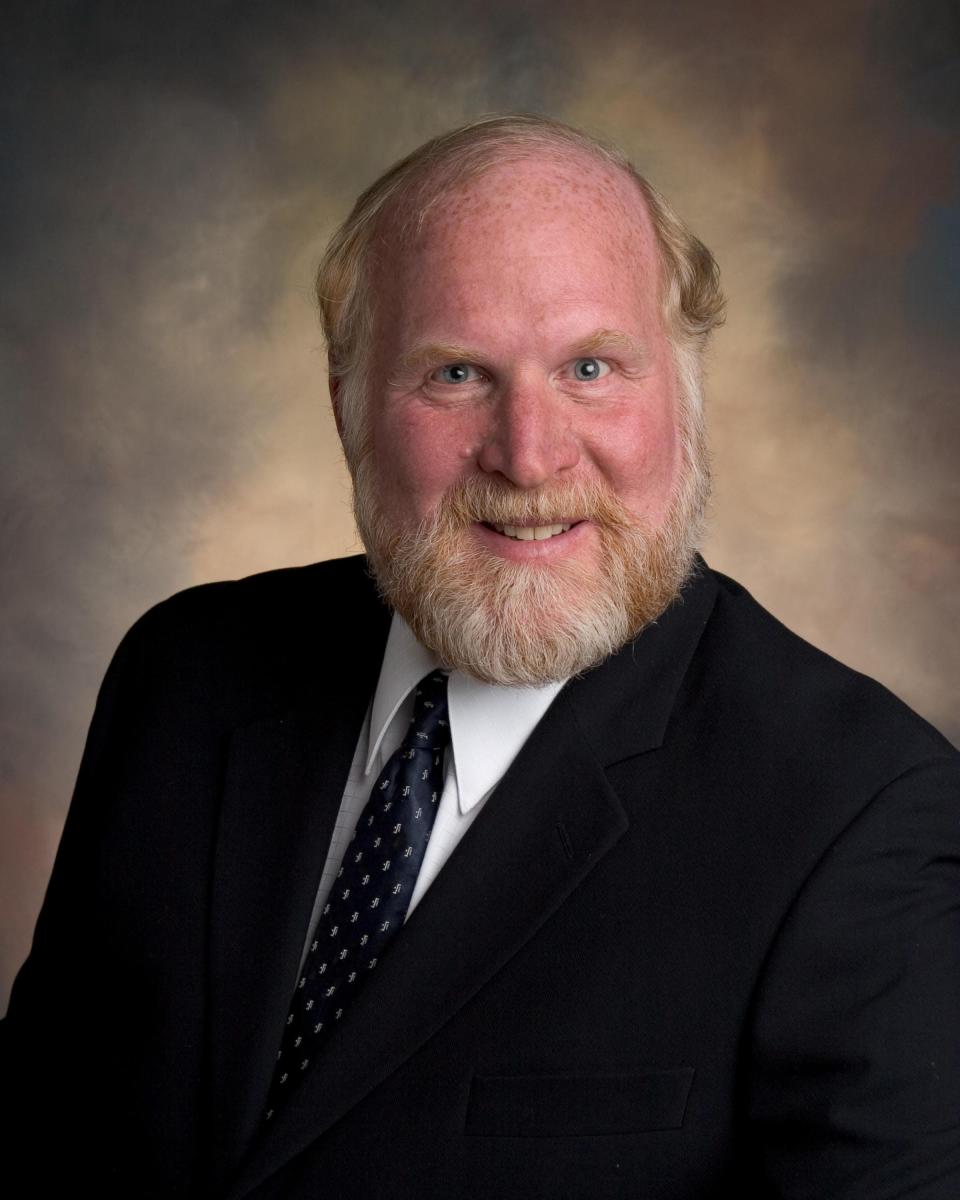Rose: Lonely pastors and the rest of us, too
At the risk of flattering the boss, I thought that Doug Hensley's column of May 1 was rich with opportunities for insight and reflection. There could be a dozen columns in further examining the issues raised but I will focus on just one. That is the Barna survey showing almost half of pastors are considering quitting the ministry. Nearly half of that group cites loneliness and isolation as part of the problem. These feelings are not limited to those considering other work. Almost a fifth of pastors committed to remaining also report feeling lonely and isolated.

This finding seems to make no sense. The core of social inclusiveness is knowing that others depend on you. There are few positions where that is as true as in the ministry.
The bonding of minister to congregation matches a service provider to a self-selected client base. At least in theory, people join a church because they hold a common set of values and beliefs with the denomination and each other. When friction emerges over practical issues like resource allocation, this mutual bond should be the touchstone that all parties can use to start to sort things out.
Burnout is still very real in both the ministry and all the other helping professions. Some grounding in traditional Eastern psychology, as well as modern Western social psychology, sheds light on why this is true.
Buddhism looks at each human being as a collection of potentials. The recently passed Vietnamese Zen master Thich Nhat Hanh used to like to talk about the mind/body as a seedbed. Each of us carries seeds in our psyche and physical body that come from genetics and our life experiences. Assuming only the normal amount of damage from the world’s rough edges, we carry seeds of love, compassion, generosity, sympathy, and friendship. Other seeds are genetic baggage from thousands of generations of living in a difficult and dangerous world, compounded with our own experience of being physically or psychologically wounded. These are the seeds of suspicion, anger, greed, selfishness, and despair.
Fortunately, not all seeds sprout. The purpose of spiritual practice is to develop a sufficient level of mindfulness so that we can recognize the seeds in ourselves and others. Then we can work on watering only those seeds that lead to happiness. We can never extract the seeds that have the potential to lead to unskillful behavior and suffering, but we can minimize their growth.
Western psychology recognizes that seeds don’t function in isolation from each other. They work in groups and these groups can solidify into habitual patterns of behavior that almost seem to create separate people within ourselves. As the seed of compassion grows into a flourishing plant, it can fertilize the seed of friendship. If the seeds of despair and greed are watered into an active state, they can grow and fertilize the seed of anger.
The growth from a group of related seeds forms a fairly durable corner of our psychological garden, or personality. Western humanistic psychology calls such corners “subpersonalities”. To grasp the idea, think of your personal psychology not as a single entity but as a family of entities constantly interacting with each other through a never-ending process of forming and breaking alliances. Your Fearful Self might team up with your Lazy Self to override your Compassionate Self, so that you never make that charitable commitment you were thinking about. Later, your Compassionate Self and your Generous Self might win the battle against your Suspicious Self. Then you send that nice check to the Ukrainian humanitarian relief organization even though you must admit you are not one hundred percent certain of their legitimacy.
The constant interplay of subpersonalities is not stilled by God’s grace on the day one is ordained as a pastor or hired as a teacher. One’s Leader and Shepherd subpersonalities might be totally immersed in serving the pastoral community. At the same moment, other subpersonalities might be pushed into the shadows or even consciously suppressed as being unhelpful or inappropriate to one holding the roles of pastor or teacher. Like members of a family that don’t quite fit, these subpersonalities can then generate a profound sense of loneliness, isolation, and, potentially, harmful behavior.
Nothing “fixes” this problem. It comes with the territory in the helping professions. But this normal lack of integration among the pieces of one’s identity can be deeply, if incompletely, healed by spiritual practices such as mindfulness meditation, which is exactly what such practices are designed to do.
The price of climbing any mountain is being forced to see the other mountains in the distance that may be beyond climbing or are still to be climbed. I have certainly had moments when I have questioned whether I was the right guy for the job---not just as a meditation teacher, but as a university professor, a husband, a son, a brother, a friend, and the list goes on.
In my more lucid moments, I see this as a good thing. Without acknowledging the potential power of our own destructive subpersonalities, where would we find the compassion to engage in peace work with the destructive aspects of the personalities of others? Progress and effectiveness begin when we realize that every healer is wounded and every vessel of goodness has one or more cracks in it. These are the places where the Light shines through.
Dr. Richard Rose is the program director for instructional design and technology at West Texas A&M University. The comments here represent his own opinions and not those of WTAMU.
This article originally appeared on Amarillo Globe-News: Richard Rose lonely pastors and the rest of us, too

